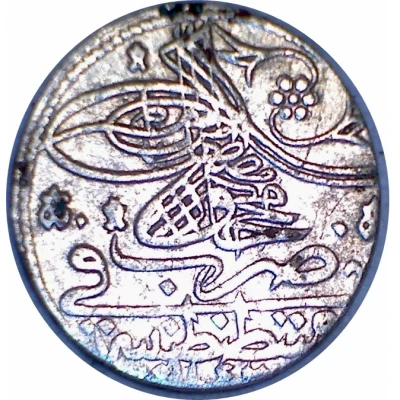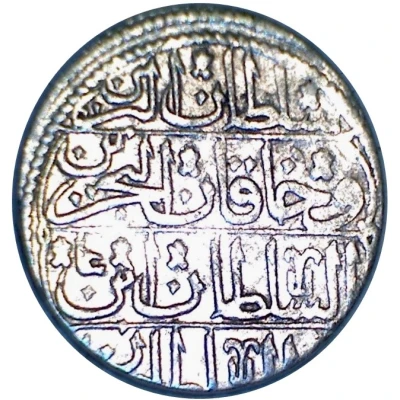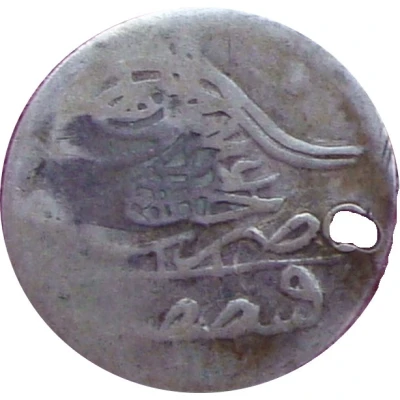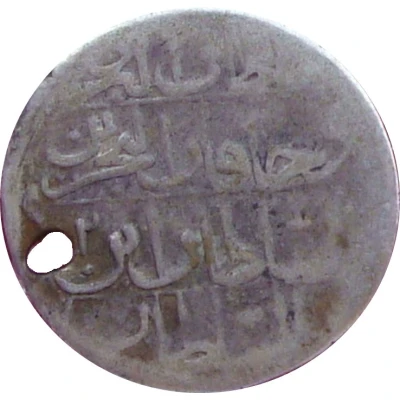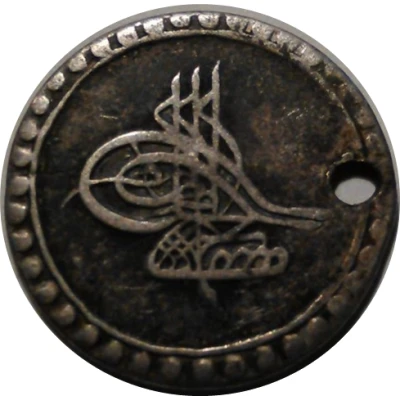
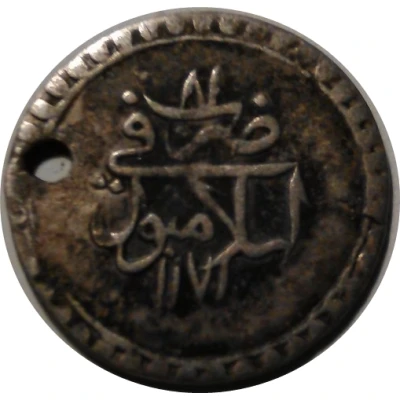

© kommodore_ss
5 Para - Mustafa III
1171 (1758) year| Billon | 2.23 g | 20 mm |
| Issuer | Ottoman Empire |
|---|---|
| Sultan | Mustafa III (1757-1774) |
| Type | Standard circulation coin |
| Year | 1171 (1758) |
| Calendar | Islamic (Hijri) |
| Value | 5 Para (⅛) |
| Currency | Kuruş (1688-1844) |
| Composition | Billon |
| Weight | 2.23 g |
| Diameter | 20 mm |
| Shape | Round |
| Orientation | Medal alignment ↑↑ |
| Demonetized | Yes |
| Updated | 2024-10-07 |
| Numista | N#89496 |
|---|---|
| Rarity index | 87% |
Reverse
Script: Arabic
Lettering:
٨١
ضرب في
اسلامبول
١١٧١
Translation:
Year 81
Struck in Istambul
1171
Interesting fact
One interesting fact about the 5 Para coin from the Ottoman Empire, minted during the reign of Mustafa III in 1171 (1758), is that it was made of Billon, a metal alloy composed of a mixture of copper, silver, and other metals. This coin was unique in that it was one of the first coins of its kind to be produced using a new technique called "Billonage," which involved mixing the metals in a specific ratio to create a more durable and consistent material. This innovative method was a significant departure from the traditional method of coin production, which involved hammering or casting coins from solid metal bars. The use of Billonage in coin production became a standard practice in the Ottoman Empire and was later adopted by other countries, contributing to the development of modern coinage.
